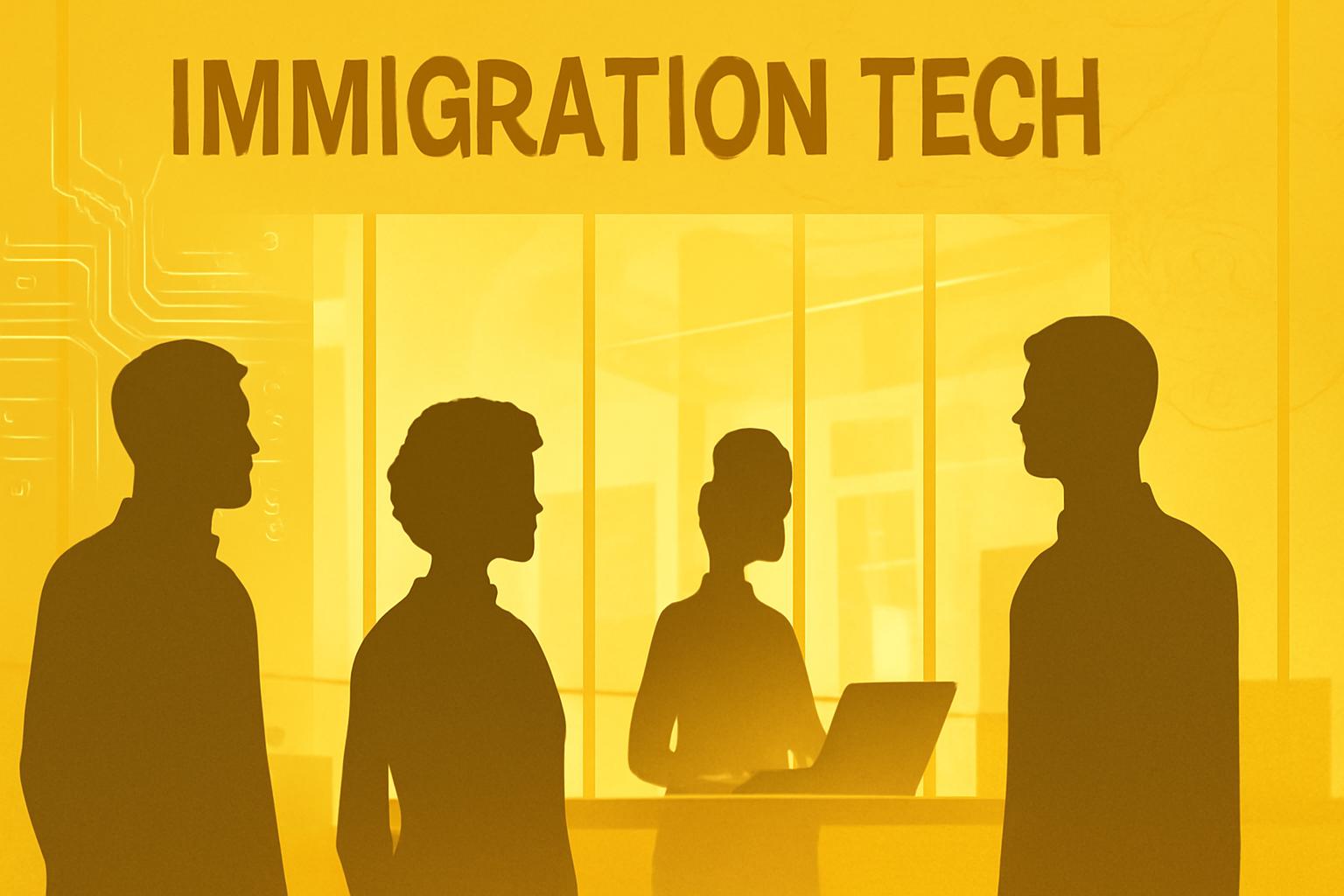H-1B Visa: The Backbone of America’s Tech Leadership
For decades, the H-1B visa program has enabled U.S. companies to recruit foreign professionals in critical fields such as information technology, engineering, and healthcare. Despite ongoing political debates and proposed restrictions, the program has been instrumental in shaping the careers of many leading figures in the American tech landscape. Recent proposals under the previous administration sought to overhaul the H-1B system by imposing steep application fees, raising concerns about the future accessibility of global talent for U.S. firms. Yet, the program’s impact on innovation and economic growth remains undeniable.Elon Musk: From Immigrant Student to Tech Visionary
Elon Musk, the billionaire entrepreneur behind Tesla and SpaceX, arrived in the United States from South Africa in 1992 as a student. Although details of his visa situation have been debated, Musk credits the H-1B visa program for enabling him and many others to contribute significantly to America’s technological leadership.“The reason I am in the U.S., along with so many critical people who built SpaceX, Tesla and hundreds of other companies that made America strong, was the H-1B visa,” Musk has stated publicly.
Eric Yuan: Persistence Behind Zoom’s Founder
Eric Yuan, founder and CEO of Zoom Video Communications, immigrated from China in 1997 on an H-1B visa after nine attempts at approval. Sponsored initially by Webex, Yuan arrived speaking limited English but persevered to launch Zoom in 2011, eventually taking the company public in 2019. Yuan has emphasized the importance of the U.S. remaining open to immigration, viewing it as a fundamental strength for innovation and economic vitality.Satya Nadella: Microsoft’s Leader and H-1B Advocate
Raised in India, Satya Nadella arrived in the U.S. in 1990 and uniquely relinquished his green card to secure an H-1B visa in 1994 to bring his wife to the country. He has publicly supported the H-1B program, highlighting its role in providing Microsoft with high-skilled talent necessary to remain competitive globally.“The idea that you have to give up your green card to get an H-1B is, in retrospect, silly,” Nadella remarked in 2017. He called for reforms balancing security and competitiveness.
Nadella welcomed government reviews of the program to address abuses while preserving its benefits.Jayshree Ullal: Championing Global Talent at Arista Networks
Jayshree Ullal, CEO of Arista Networks, was born in the UK and raised in India before moving to the U.S. at 16. A former H-1B visa holder, Ullal has advocated for immigration reform, citing the prolonged wait times for permanent residency as detrimental to professionals’ careers. She emphasizes the global nature of engineering talent and supports easier pathways for immigrants to contribute to the American tech ecosystem.“The immigration process has become overly challenging, with permanent residence visas taking up to 15 years to secure — a large chunk of a professional person’s work life,” Ullal said in 2023.
Jeffrey Skoll: From eBay President to Immigration Reformer
Jeffrey Skoll, former president of eBay and current philanthropist, came to the U.S. from Canada for graduate studies and received an H-1B visa in 1996. He has publicly supported the H-1B program while advocating for targeted reforms such as higher salary thresholds and fees to encourage domestic hiring. Skoll faced significant challenges securing visa extensions, underscoring the difficulties even highly skilled individuals encounter in the system.“For me personally it was a life and death fight to get and keep an H-1B visa,” Skoll recounted, highlighting the importance of strong networks and support during the process.
FinOracleAI — Market View
The H-1B visa program remains a cornerstone for the U.S. technology sector, fueling innovation and maintaining global competitiveness. However, political pressures and calls for reform reflect broader concerns about labor market impacts and system abuses.- Opportunities: Streamlined visa processes could attract more high-skilled talent, fostering innovation and economic growth.
- Risks: Overly restrictive reforms may hinder U.S. companies’ ability to compete globally and slow technological advancement.
- Policy Balance: Effective reforms must address program abuses without compromising access to critical talent.
- Long-term Impact: Immigration reform that reduces wait times for permanent residency would enhance retention of skilled workers.













